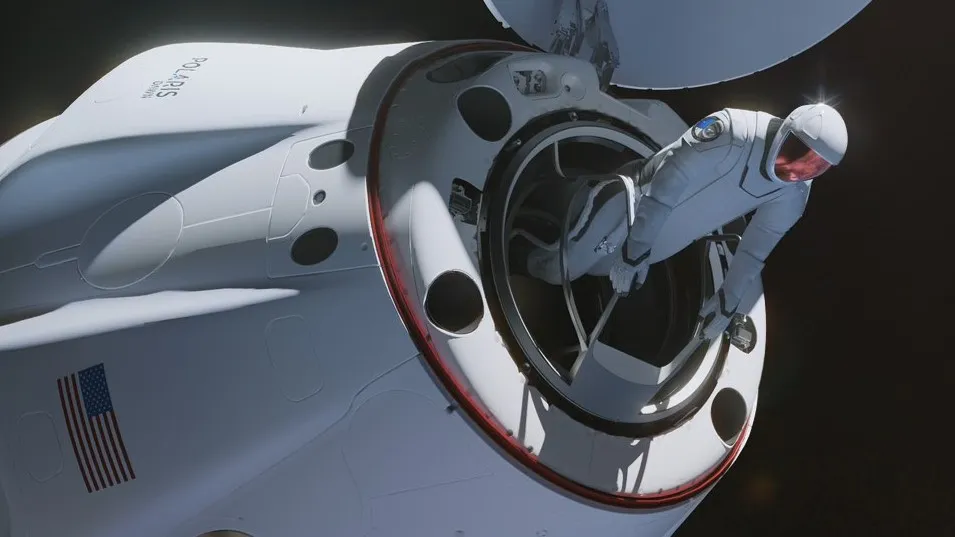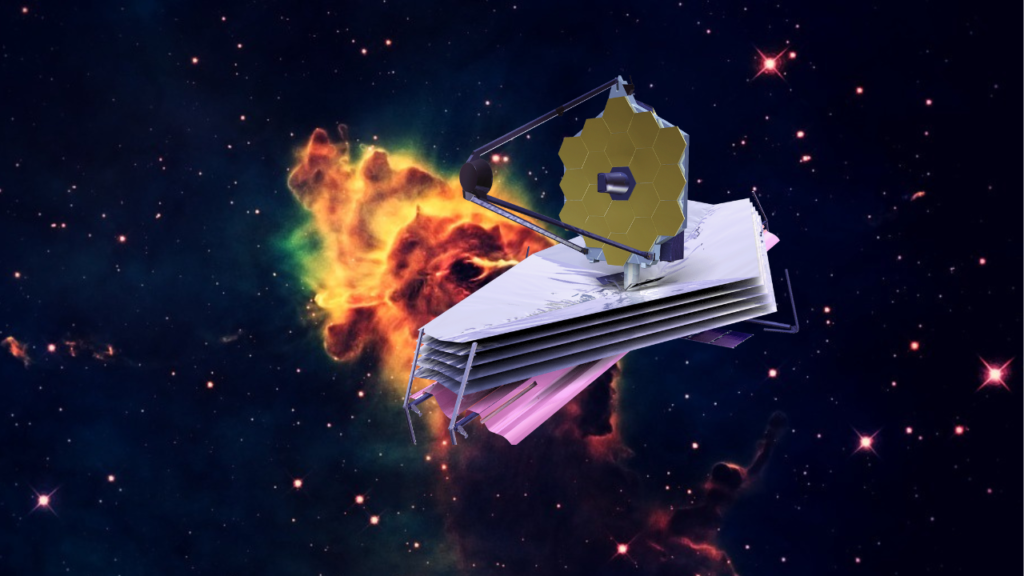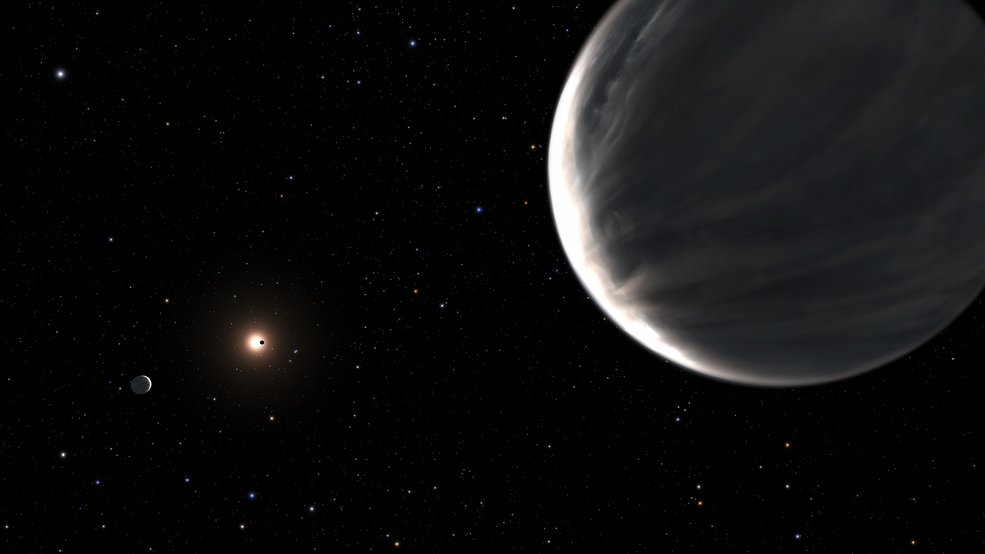We’ll all have to wait a bit longer to see the first-ever private spacewalk.
SpaceX is now targeting mid- to late August for the launch of Polaris Dawn, a mission funded by billionaire entrepreneur Jared Isaacman. The upcoming flight, which will employ SpaceX‘s Crew Dragon spacecraft and Falcon 9 rocket, had been slated to lift off no earlier than July 31.
SpaceX announced the delay today (July 26), during a press conference focusing on the company’s upcoming Crew-9 astronaut mission to the International Space Station (ISS) for NASA. Crew-9 will launch no earlier than Aug. 18, and Polaris Dawn will fly sometime after that, the company said.
“There’s a lot going on on ISS right now,” Sarah Walker, SpaceX’s director of Dragon mission management, said during today’s press conference. “We opted to fly the Crew-9 mission as our next [astronaut] mission and are ready to fly Polaris Dawn in late summer, as soon as we fulfill those obligations.”
Later in the press conference, Walker clarified that “late summer” means next month: “Right now, we’re still planning to launch Polaris Dawn in August.”
Polaris Dawn is the first of three planned missions in the Polaris Program, all of which will be funded and commanded by Isaacman. He did the same for SpaceX’s pioneering Inspiration4 mission, which carried Isaacman and three crewmates to Earth orbit in September 2021.
The Polaris Dawn crew consists of Isaacman, pilot Scott “Kidd” Poteet, a retired U.S. Air Force lieutenant colonel; and mission specialists Sarah Gillis and Anna Menon, both of whom are engineers at SpaceX.
Like Inspiration4, Polaris Dawn will be a free flyer, zipping around Earth solo rather than linking up with the ISS. But the coming mission will go higher than its predecessor and feature at least one spacewalk — the first-ever private extravehicular activity.
This isn’t the first delay for Polaris Dawn; originally slated to fly in late 2022, the complex and ambitious mission has been pushed back multiple times.
Today’s press conference came just 15 days after a rare Falcon 9 mishap. The rocket’s upper stage failed to complete a planned orbit-raising burn during a July 11 launch, resulting in the loss of the payloads — 20 of SpaceX’s Starlink internet satellites.
The proximate cause was a leak of liquid oxygen. SpaceX traced that issue to a crack in a line for a pressure sensor in the upper stage’s liquid-oxygen system, and has taken measures to ensure the problem won’t recur. In fact, the Falcon 9 is slated to bounce back early Saturday morning (July 27), with another Starlink launch.
Source: https://www.space.com/spacex-polaris-dawn-delay-august-2024



